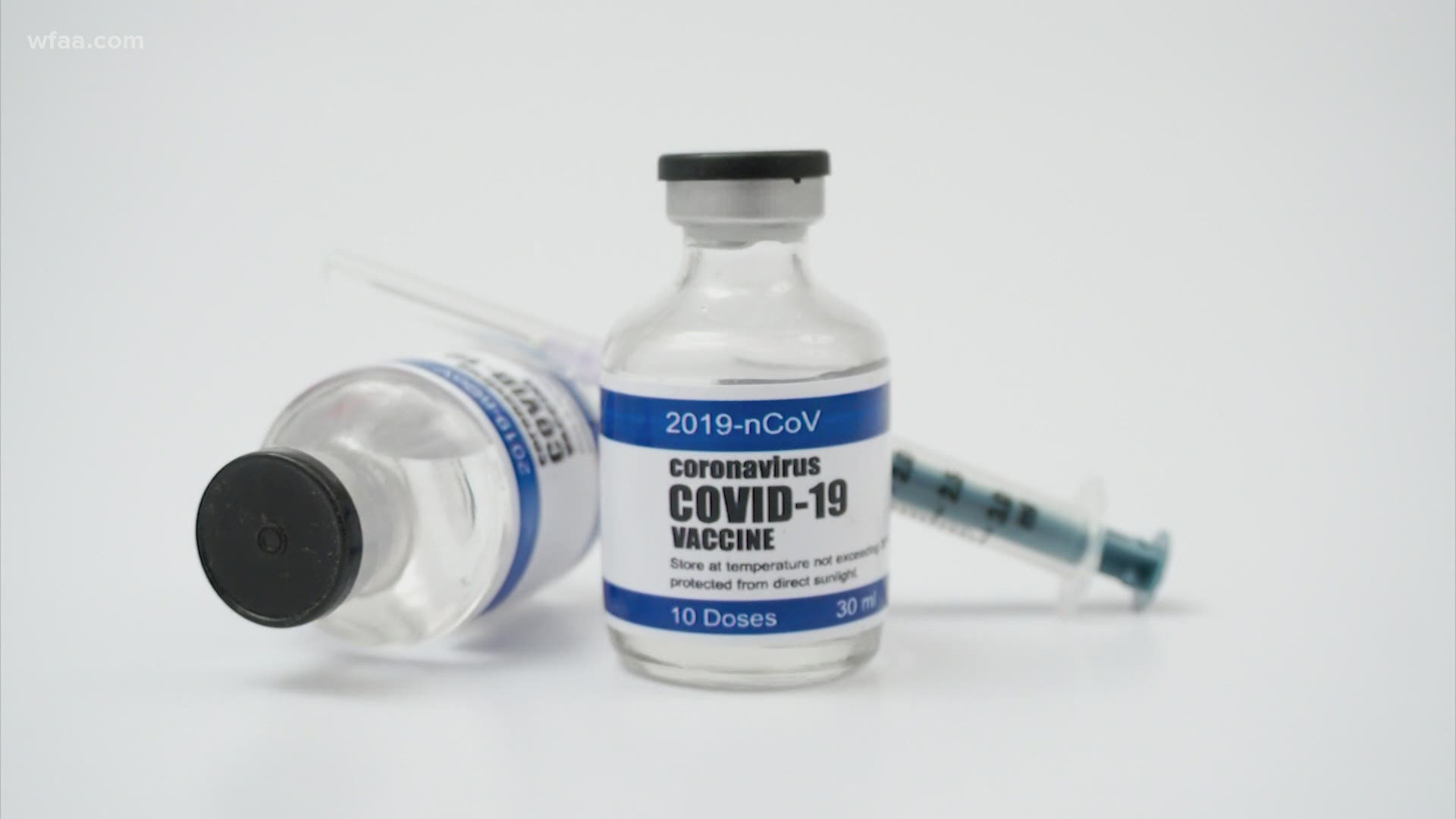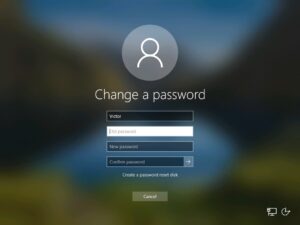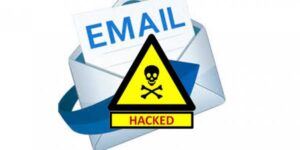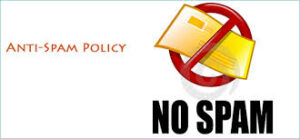There is a great deal of uncertainty and anxiety about the COVID-19 vaccine rollout and as is common in any other crises, scammers are taking advantage of this.
With the recent rollout of COVID-19 vaccines, the Federal Bureau of Investigation (FBI), Department of Health and Human Services Office of Inspector General (HHS-OIG), and Centers for Medicare & Medicaid Services (CMS) are warning the public about several emerging fraud schemes related to COVID-19 vaccines.
They have received complaints of scammers preying on COVID-19 fears to leverage fraud scams tied to the vaccine roll out and designed to steal personal data for financial gain.
How to spot the fraudulent scams
Here’s a list of some of these fraudulent schemes listed by these federal agencies.
- Individuals contacting you by phone, email, or in-person telling you the government requires you to receive a COVID-19 vaccine.
- Requests to pay out-of-pocket to obtain the vaccine or to put your name on a COVID-19 vaccine waiting list.
- Advertisements or offers for early access to a vaccine on payment of a fee or deposit.
- Offers to undergo additional medical testing or procedures when obtaining a vaccine.
- Marketers offering to sell and/or ship doses of a vaccine, domestically or internationally, in exchange for payment of a deposit or fee.
- Unsolicited emails, telephone calls, or face-to-face contact from someone claiming to be from a medical institution, insurance company, or COVID-19 vaccine center requesting personal and/or medical information to determine your eligibility to participate in clinical vaccine trials or obtain the vaccine.
- Advertisements for vaccines through social media platforms, email, telephone calls, online, or from unsolicited/unknown sources.
- Claims that approval for a vaccine by federal agencies cannot be verified.
How to avoid becoming a victim of COVID-19 vaccine-related scams
- Know that there are no “secret” sources of a vaccine that can be purchased. You will have no way of knowing a vaccine is authentic if you obtain it from a non-government-approved source.
- There is also no way to “cut the queue” to get a vaccine, as far as we know. Different governments will specify different priority groups. Therefore, avoid all solicitations through ads or personal calls for a reservation for a vaccine, whether they request money or not. Sometimes personal information is requested, which you should never provide.
- Visit your government or state health department’s website for up-to-date information about authorized vaccine distribution channels.
- Only obtain a vaccine through government- or state-approved channels.
- Check government’s health ministry websites for current information about vaccine emergency use authorizations.
- Don’t pay for any vaccine unless you have verified directly with your local government the legitimacy of the individual or institution asking for payment. In the countries where it has been rolled out so far, the vaccine is free. There are only some cases where administration costs may be charged.
- Ask your primary care physician before undergoing any vaccination.
- Don’t share your personal or health information with anyone other than known and trusted medical professionals.
- Check your medical bills and insurance claims for any suspicious claims and promptly report any errors to your health insurance provider.
Reminders on Basic Online Fraud Prevention
As always, here is a reminder of some general practices on how to avoid being defrauded online:
- Verify the spelling of web addresses, websites, and email addresses that look trustworthy but may be imitations of legitimate websites.
- Ensure operating systems and applications are updated to the most current versions.
- Ensure your anti-malware and anti-virus programs are up-to-date
- Perform regular network scans.
- Do not enable macros on documents downloaded from an email unless necessary and after ascertaining the file is not malicious.
- Do not communicate with or open emails, attachments, or links from unknown individuals.
- Never provide personal information of any sort via email; be aware that many emails requesting your personal information may appear to be legitimate.
- Use strong two-factor authentication and application-specific passwords if possible, using biometrics, hardware tokens, or authentication apps.
- Disable or remove unneeded software applications.
![]()




